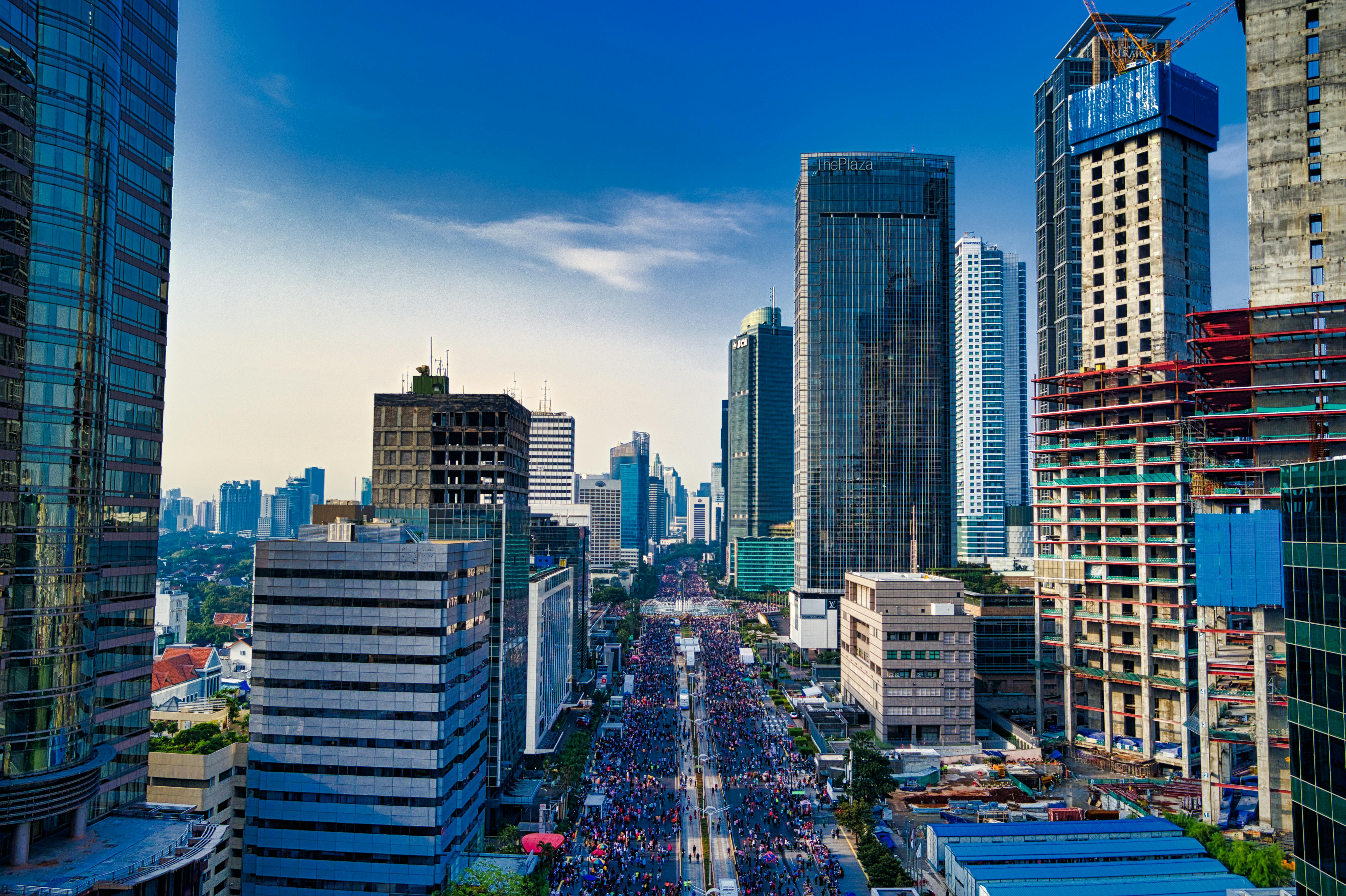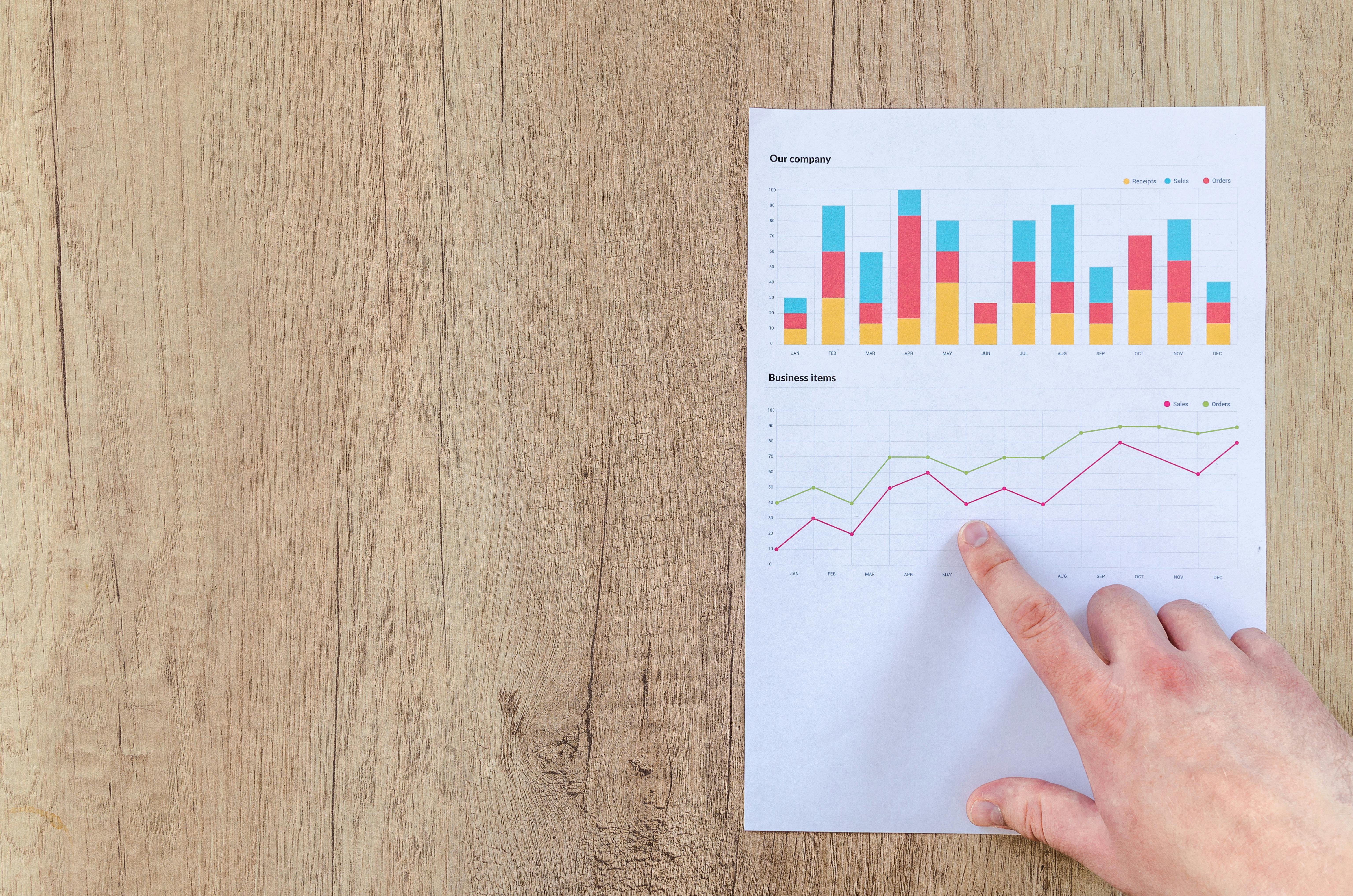So last month, my friend Sarah texted me at 2am.
"I just paid off my last student loan."
She's 28.
I sat there staring at my phone like... how? We graduated together, started with similar salaries, same crushing debt. But somewhere along the way, she figured something out that I'm still learning.
Financial freedom before 30 isn't some Instagram fairy tale anymore. Real people are doing it. And honestly? Their strategies are way more practical than you'd think.
The Wake-Up Call Nobody Talks About
Here's the thing - most of us spend our early twenties thinking we have forever to figure out money stuff.
Then suddenly you're 27, scrolling through everyone's engagement photos and house purchases, wondering where tf the time went.
I started digging into actual stories of people who cracked the code. Not trust fund babies or crypto bros. Regular people with regular jobs who just... made different choices.
And wow, the patterns that emerged.
This guy breaks down exactly what financial freedom actually means. Because spoiler alert - it's not about being rich.
Meet the People Who Actually Did It
Jessica, 29, software engineer. Net worth: $380k.
"I lived like a broke college student until I wasn't one anymore," she told me over coffee. Her secret? She kept her lifestyle exactly the same when her salary jumped from $65k to $95k. Every raise went straight to investments.
Sounds simple, right?
But here's what she did differently - she got really good at salary negotiation tactics early. Her first job offer was $58k. She countered with $65k and got it. That single conversation changed her entire financial trajectory.
Then there's Marcus, 28, who took a completely different path.
Traditional career? Nope. He started three different profitable side hustles while working full-time in retail. His main gig now pulls in $8k monthly. His day job? He quit last year.
"Everyone thought I was crazy working 70-hour weeks," he said. "But I knew it was temporary. Two years of hustle bought me a lifetime of freedom."
The Numbers Game (Because We Need Real Talk)
Okay, let's get into actual figures.
The average person hitting financial independence before 30 saves between 40-60% of their income. Yeah, you read that right. Not the recommended 10-20%. They go hard.
But wait - how is that even possible?
They optimize literally everything:
Housing: Usually 20-25% of income max. Roommates until 27-28 is super common. Some even house-hack (rent out rooms in a property they own). One girl I talked to lives in a converted garage and saves $1,800 monthly. Is it glamorous? No. Does she care? Also no.
Transportation: Most drive used cars or go car-free. The amount of money people waste on car payments and insurance is genuinely wild when you break it down.
Food: Meal prep Sundays are real. But not in a depressing way - more like batch-cooking actually good food instead of spending $15 on sad desk salads.
The mindset shift here is everything. It's not about deprivation - it's about intention.
The Income Side of the Equation
Here's what nobody tells you: saving alone won't get you there fast enough.
You need to increase your income aggressively.
Every single person I interviewed either switched jobs every 2-3 years, negotiated major raises, or built additional income streams. Usually all three.
Take Amy, 27. She job-hopped three times in five years. Her salary went from $52k to $98k. Same industry, same general role. She just knew her worth and wasn't afraid to move for it.
"Loyalty doesn't pay the bills," she said. "Companies will take advantage of your comfort zone all day long."
The creator economy opportunities are also massive right now. Like, genuinely life-changing if you can figure out your niche. I know someone who makes $4k monthly just from a finance newsletter she started as a hobby.
Investment Strategies That Actually Work
Real talk - most of these people aren't doing anything fancy with investments.
Index funds. That's it. That's the tweet.
Boring? Absolutely. Effective? The numbers don't lie.
They max out retirement accounts first (that employer match is literally free money), then dump everything else into low-cost index funds. Some dabble in real estate, but that's usually later.
The key is starting early and being consistent. Even small amounts compound like crazy over time. Someone who invests $500 monthly starting at 23 will have way more at 30 than someone who invests $1000 monthly starting at 27.
Math is wild like that.
The Sacrifices Nobody Warns You About
Okay, real moment.
This path isn't all sunshine and passive income. There are trade-offs.
Most of these people missed out on things in their twenties. Fewer vacations. Smaller apartments. Saying no to brunch (again). Watching friends live it up while they pinched pennies.
"My social life definitely suffered," Marcus admitted. "But I was playing a different game than everyone else. They were living for today. I was building for tomorrow."
The psychological aspect is huge too. You're going against literally everything society tells you to do. Buy the car. Get the apartment. Treat yourself. YOLO.
Swimming upstream is exhausting.
But here's what they all said: the freedom on the other side is worth every sacrifice. Being 28 with options feels different than being 28 with debt.
What Financial Freedom Actually Looks Like
So what does hitting financial independence before 30 actually mean day-to-day?
For most people, it's not retiring to a beach (though some do). It's having options.
Jessica still works, but she negotiated a 4-day workweek. She can because she doesn't need the money desperately. Her remote work negotiation went smoothly because she had a safety net.
Marcus travels for months at a time. His businesses run mostly without him now.
Amy took three months off between jobs just because she could. No stress, no panic. Just time to figure out what she actually wanted next.
That's the real flex - not the money itself, but the choices it enables.
Can You Actually Do This?
Honestly? Maybe.
It requires a specific combination of factors: decent income (or the hustle to create one), low debt, aggressive saving, smart investing, and frankly - some luck with timing and health.
Not everyone can save 50% of their income. Some people have medical expenses, family obligations, or started with massive debt. The privilege factors are real.
But even if you can't hit full financial independence by 30, the principles still work. Start where you are. Increase your income however you can - whether that's building an online presence or mastering strategic networking skills.
Save what you can. Invest consistently. Make intentional choices about spending.
Every step toward financial security counts.
The Real Secret
You know what every single person told me?
The hardest part wasn't the saving or the side hustles or even the sacrifices.
It was maintaining conviction when everyone around them thought they were being extreme.
"My family thought I was crazy," Amy said. "Friends made fun of me for not going on trips. But I knew what I was building toward."
Financial freedom before 30 isn't about following some perfect formula. It's about deciding what you want your life to look like and making choices that align with that vision.
Even when it's uncomfortable.
Even when everyone else is doing something different.
Especially then.
So yeah, my friend Sarah paid off her loans at 28. She's not special or superhuman. She just decided early what mattered and stuck with it.
The question isn't really whether you can do this.
It's whether you want to.
And if you do - what are you willing to change today to make it happen?















Comments: